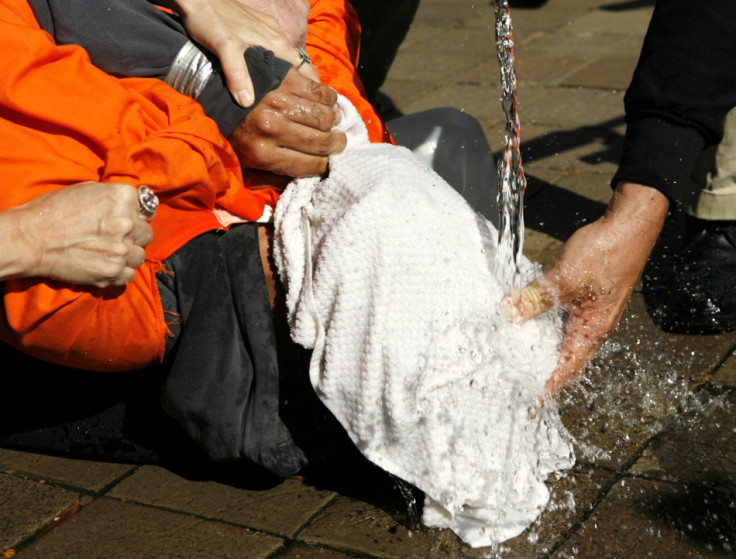CIA won't waterboard even on presidential orders, vows director John Brennan

The CIA will not use enhanced interrogation techniques such as waterboarding even if ordered to do so by a future president, the director of the CIA has vowed. "I will not agree to carry out some of these tactics and techniques I've heard bandied about because this institution needs to endure," said John Brennan.
"Absolutely, I would not agree to having any CIA officer carrying out waterboarding again," he emphasised.
Republican presidential candidate Donald Trump has promised that if elected, he would reintroduce waterboarding, and a "hell of a lot worse" to interrogate suspected terrorists.
"I am in the camp where you have to get the information, and you have to get it rapidly," Trump said after the Brussels attack.
Rival Ted Cruz has said he does not consider waterboarding to be torture, but would not authorise "widespread use" of the method. But he also emphasised that he would "use whatever enhanced interrogation methods to keep this country safe."
The US banned waterboarding in 2009. It has been deemed torture under international law. It was used by the CIA, military interrogators and contractors who interrogated terrorist suspects in the wake of the 9/11 attacks, and was highly controversial when its use was revealed to the public.
A 2014 US Senate Intelligence Committee Report on waterboarding and other so-called enhanced interrogation techniques determined that harsh practices have failed to produce a single piece of life-saving intelligence information that could not have been obtained with non-coercive means.
But six former CIA bosses lambasted the report as biased and argued that harsh techniques to extract information have saved thousands of lives.
© Copyright IBTimes 2025. All rights reserved.






















